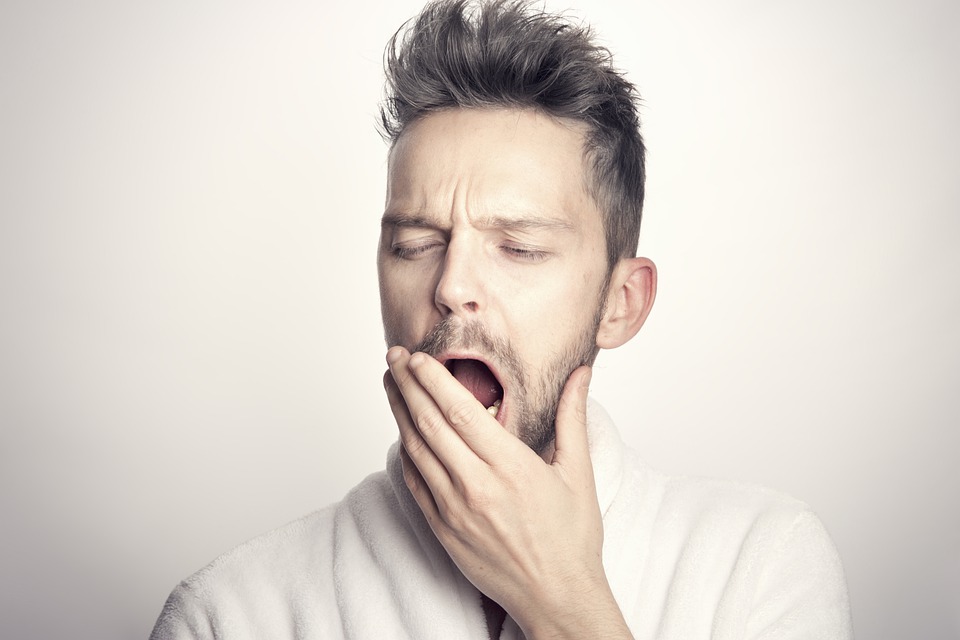Debunking Three Myths About Sleep
We're all familiar with the feeling of slipping off to sleep; it's a pretty agreeable feeling in the right situation, which is usually when we are in bed at the end of the day. A quick power nap at other times can also be fine, but many of us are familiar with the sensation of losing moments to battling sleep. The perils of sleep deprivation, and poor quality sleep, are pronounced – and although we are often expected to push through a lack of beneficial sleep, the truth about how this affects us is generally ignored.
Below, we'll deal with some old arguments you've probably heard about sleep. They have become almost totemic, especially in service of the idea that it's desirable to work long hours and sacrifice home comforts. And we'll get to the core of why these arguments are just plain wrong.
“You get used to sleeping four/five hours a night”
Some people go through most of their adult life getting less than the average amount of sleep, and insist that it's actually good for them. It's held up as an example: if they can do it, why not you? Well, “not you” because it's objectively harmful. You might get used to the sensation of sleep deprivation, but it's been proven to harm your focus and decision-making abilities. With time, it can affect your mental health in a chronic way, as well as physical impacts, including on your immune and cardiovascular systems. You're not getting used to it so much as beginning to forget that life was ever any different – you need at least six hours a night.
“You can catch up on missed sleep”
There's some room for debate on this one. If you've had one night of poor sleep, you can nap the following day and it will take the edge off the unpleasant feeling. However, sleep is not like a credit card; you can't rack up a debt during the week and pay it off on the weekend. Five days of not enough sleep will do harm that can't be reversed by sleeping for sixteen hours on the sixth. You need quality sleep on a comfortable mattress that suits you: firm ones for people who sleep on their stomach, softer ones for side sleepers. And you need it consistently night after night, or you'll feel the consequences.
“You can always make it through the day on coffee and fresh air”
This is a myth that is often fed to people whose jobs involve long hours of driving, and it's not just nonsense, it's dangerous nonsense. Caffeine will give you a burst of wakefulness that may last half an hour or so, but like most borrowing, it then needs to be paid back with interest. If you're driving, drinking coffee or winding down the window will do no good at all – even if you feel more awake, your perception will be shot and you'll be a danger to yourself and other road users. If you're not driving, it still doesn't work. If you're in a job where accuracy and precision are relevant, only a refresher nap will do any good.
839GYLCCC1992




Leave a Reply